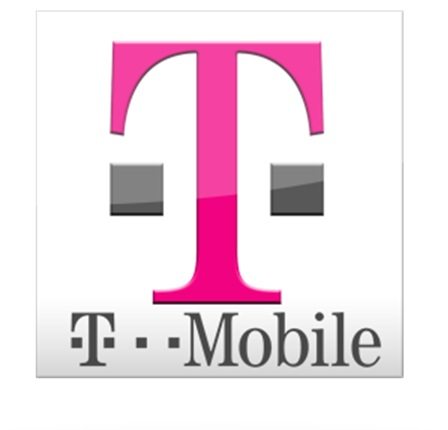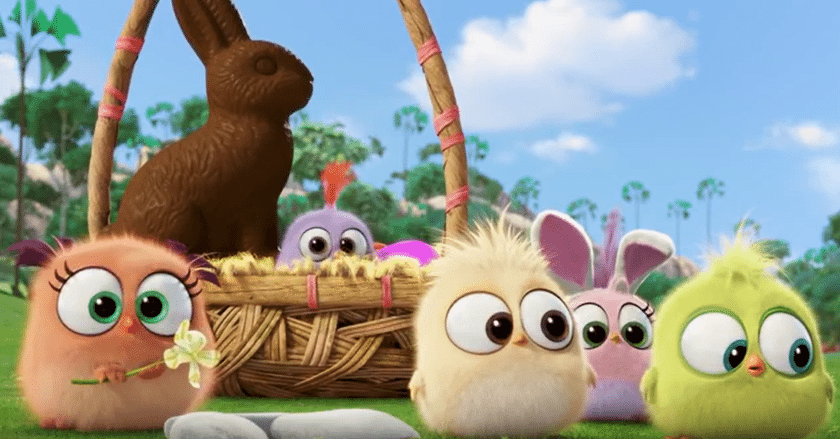Prince was an innovator and a genius when it comes to music. He broke barriers and blended styles to create sounds that were uniquely Prince. He was also a pioneer when it comes to the Internet and digital content distribution. He fought aggressively against exploitation of his image and content online, while also completely embracing the Internet as a tool for engaging his fans and distributing his music.
Prince is dead. The legendary and iconic musician was found unresponsive in an elevator at his Paisley Park complex and could not be revived. I will leave the legacy of his musical genius to others better suited to discuss that topic, but I will talk about the lasting impact Prince has had on musical copyright and digital content.
This is hard. Prince is my favorite artist. His music defined much of my teen and adult life. I have the Prince symbol tattooed on my right arm. I have 675 Prince songs on my hard drive. I’ve been enjoying his recent resurgence and the barrage of albums he has released over the past couple years. I’ve seen him perform in concert five times—and I was looking forward to getting that opportunity again soon.
This is also hard because Prince was so prolific and enigmatic at the same time. It feels surreal to be writing about Prince in the past tense—and summing up the dramatic impact he has had on the world in his relatively short time here. Prince was an innovative visionary who defied labels and didn’t believe in boundaries when it came to his art—and that maverick drive bled over into how he managed ownership of his image and content as well.
Prince was a student…of all the things. He understood the importance of owning his work from day one. When Prince negotiated his first contract with Warner Brothers—signed when Prince was still in his teens—he negotiated for ownership of the publishing rights to his music.
Prince famously changed his name to a symbol—the Love Symbol—in protest over what he felt was creative and artistic oppression from his label, Warner Brothers. That was the beginning of the end of his increasingly contentious relationship with Warner Brothers, and the beginning of Prince’s foray onto the Internet—which he seemed to simultaneously embrace and rebel against.
Prince was an early adopter when it came to technology. In 1994 Prince made an interactive video game called Prince Interactive. It was a Myst-like, enigmatic game set in a virtual mock-up of his Paisley Park Studios. Players had to wander around and solve puzzles to unlock different clips, songs, and videos. I owned that game, but it’s long gone now. I wish I still had it—although the graphics would be sort of cheesy by today’s standards and I’m not sure how well it would run on Windows 10.
Prince also launched an online subscription site for his fans. Launched in 2001—during the early glory days of Napster and the nascent revolution of digital music—The NPG Music Club provided members with access to exclusive music, and included other privileges like early access to concert tickets and invitations to special events. The NPG Radio podcasts were epically long jam sessions—just Prince and his compatriots doing what they do for about an hour at a time. For fans, the NPG Radio podcasts were a taste of what it’s like to be at a Prince performance when he goes off-script and just jams.
Read the full article on Forbes: The Legacy Of Prince’s Purple Reign Over Digital Content.
- Algorithms, Thought Leadership, and the Future of Digital Influence - December 31, 2025
- The Accessories You Need for Your New Gadgets After the Holidays - December 29, 2025
- Shadow AI, Cybersecurity, and the Evolving Threat Landscape - December 28, 2025



